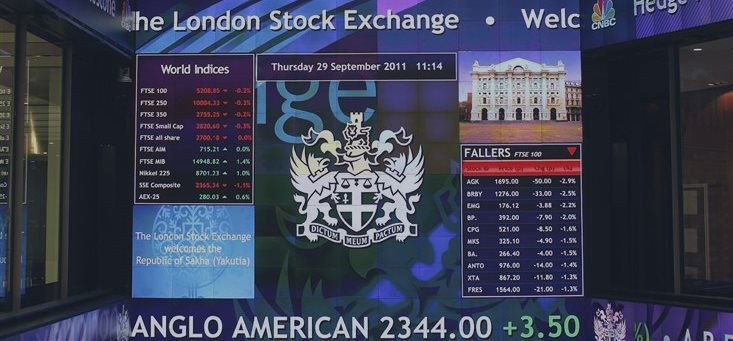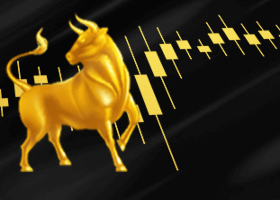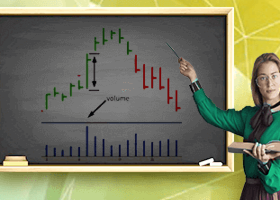
With no obvious favorite so far, both
the Labour and Conservative parties are unlikely to get enough votes to
govern alone, meaning another coalition is most likely on the cards. However, for the financial markets not all coalitions are equal.
One view is that a socialist pact between Labour and the Scottish Nationalists (SNP)
is seen as a negative for financial assets, while the continuation of the current Conservative-Liberal
Democrat coalition could reassure investors and cause a rally
With so much uncertainty surrounding the election, markets are having a hard time evaluating all the risks. Let us remember what has happened in the past - and what could happen over the course of the next few weeks.
Impact on sterling
Britain's currency has already slid 3.5 percent this year versus the dollar, partly because it is negatively affected by the election uncertainty,
according to data market analytics tool Kensho, when compared to U.K.
gilts and the FTSE 100.
Following every single election since 1987, the pound has edged lower during the trading
session. The exception was 2010, when it took ten days for the
Conservatives and the Liberal Democrats to form a government.
Sterling is most likely to outperform after
the elections, particularly against the euro, Valentin Marinov, a director of FX strategy at
Citi said. He noted that a continuation of the
current coalition was positive for the pound and a Labour-SNP
alliance wasn't necessarily bad either, as it would lower the
possibility of the U.K. exiting the European Union.
Today's Prime Minister David Cameron, who is Conservative Party leader, has pledged there will be a referendum on leaving the EU if his party wins the election - something that Labour has ruled out.
FTSE 100
The U.K.'s blue-chip index has already risen 6.9 percent year-to-date being back above 7,000 points alongside a serious rally for euro
zone stock exchanges.
It has risen after each election
since 1987 apart from in 2010 and is traditionally the most positively affected
by elections. In 1992 the FTSE surged 3.7 percent in one day after Labour
unexpectedly lost to the Conservative Party.
A Labour-SNP pact would create the most uncertainty for the benchmark, said Jonathan Bell, chief investment officer at Stanhope Capital. He cautioned of a selloff in that case, with banks, utilities and retailers hit on expectations that the left-leaning parties could turn to new, anti-business legislation.
Government bond markets
According to Nomura's widely-watched strategist, Bob Janjuah, market players are slowly coming to the
fact that U.K. government bond markets could become a risk asset
alongside sterling.
The 10-year U.K. sovereign has watched on, as
aggressive monetary policy in the euro zone pushed the yields of its
European counterparts to record lows.
This week, however, the 10-year yield on gilts spiked, with analysts guessing whether investors are now cherishing the
future spending plans of any future U.K. government.
U.K. sovereigns have had a mixed reaction to elections, as history shows, but according to Kensho data, the surprise 1992 result sent them surging.


